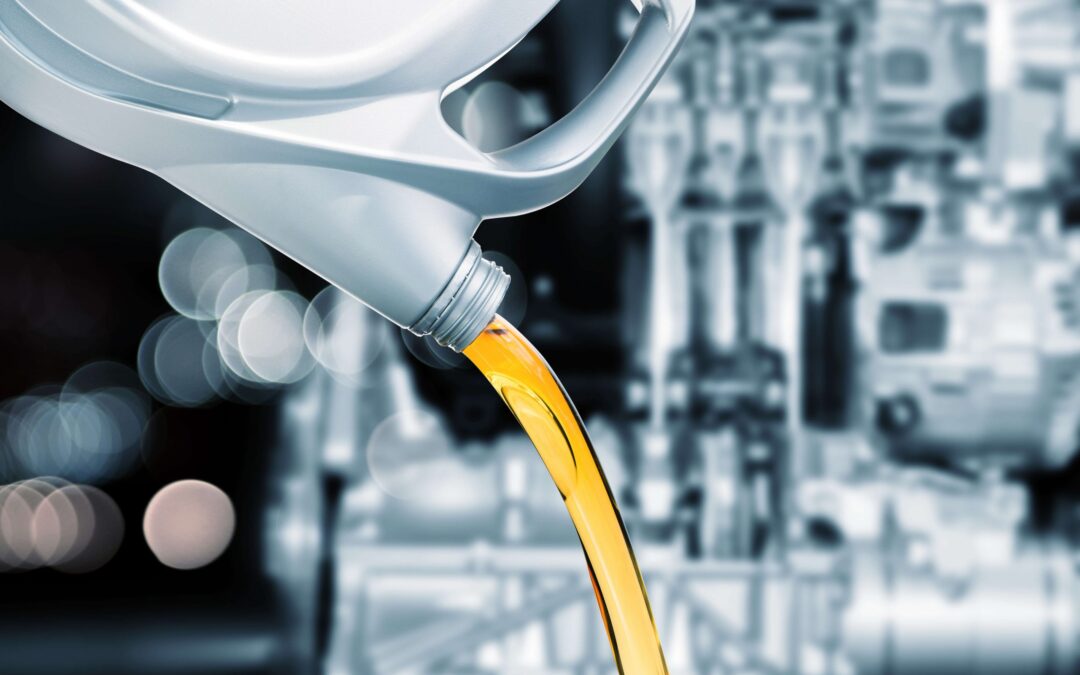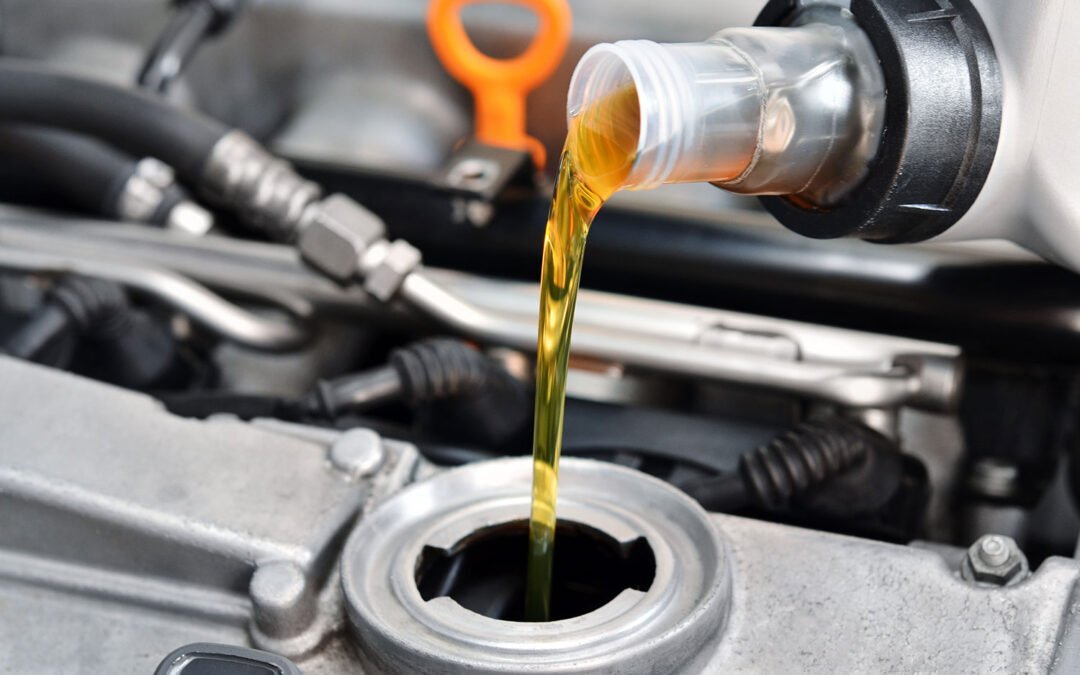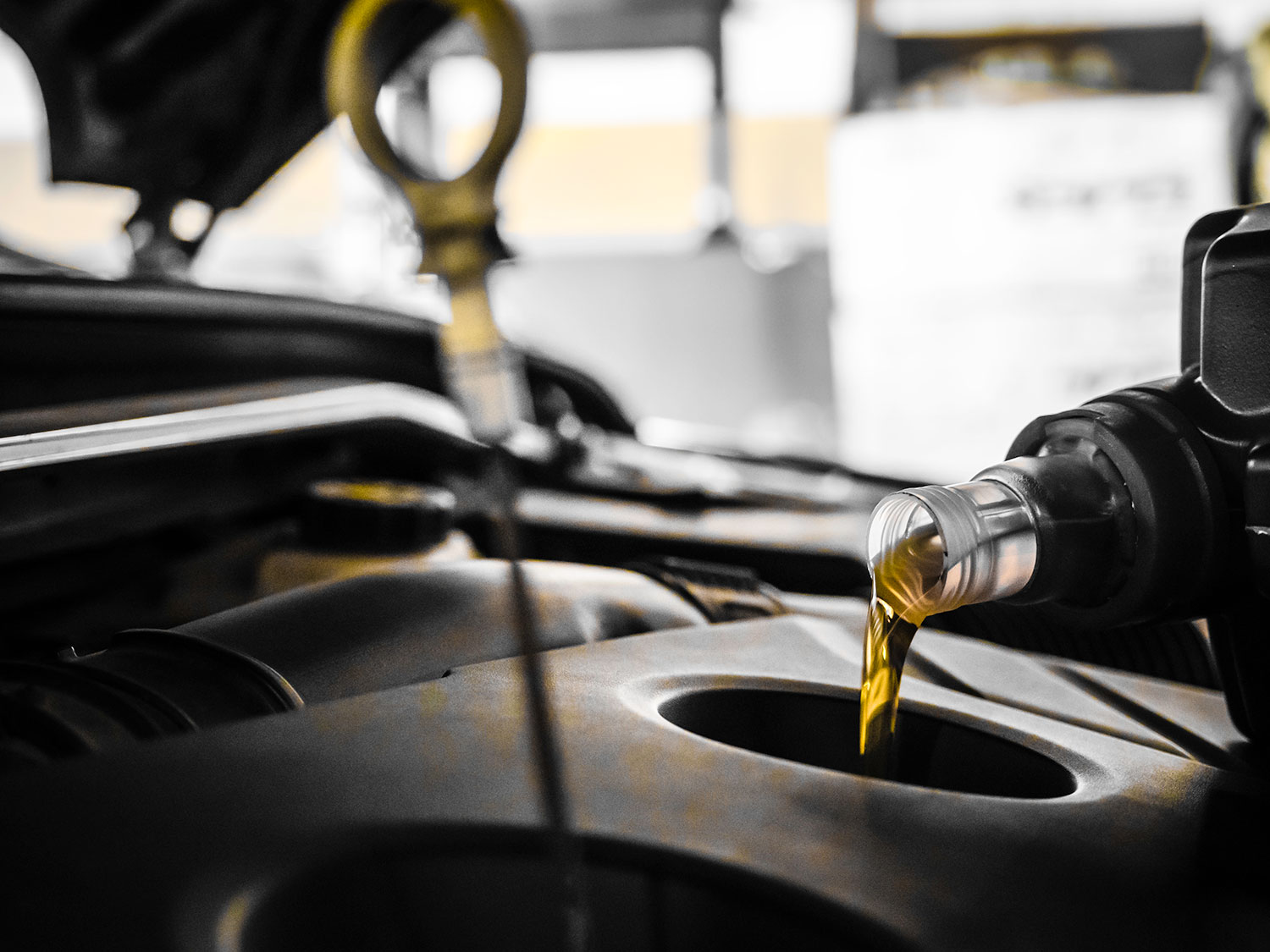
Which is the right choice- Conventional or Synthetic Oil for an Oil Change?
Looking for motor oil that offers the best protection, a better fuel economy, and even a longer engine life?
One of the biggest debates amongst car owners is whether synthetic oil or conventional oil is better for the longevity and overall health of a vehicle. You can probably guess that synthetic oil is higher quality due to its high price tag, but you may not know exactly why. In order to make a more informed decision next time you drive over to oil change Brampton; let’s get a few things straight.
Oil change Brampton – what you need to know
- First, you should understand what makes these two types of oil so different. Conventional is mostly crude oil that is pumped up from the ground. Afterwards, it goes through a refining process to get rid of contaminates, such as sulfur or heavy metals. On the other hand, synthetic is a man-made oil engine lubricant that is developed in the laboratory, rather than nature. Because of that, it has fewer imperfections in their chemical buildup than conventional does. No matter how much the motor oil is refined, it will not be as pure as synthetic oil.
Oil change Brampton: which oil is better for your ride?
- Synthetic Oil: synthetic at oil change Brampton is specially formulated to provide enhanced engine performance over conventional oil. As result, synthetic oil will help to reduce engine wear and improve gas mileage on hard working engines. Winter is the perfect time to consider the switch to a full-synthetic motor oil because it protects your engine during a cold start. With synthetic, the engine oil cranks easy when the car sits over an extended period of time (let’s say overnight), and has oil circulating sooner. Synthetic oils have excellent properties that allow it to maintain their viscosity at higher temperatures. And best of all, drivers that use this thinner, free flowing synthetic won’t need to change their oil as often because it can go longer before breaking down. Despite being more expensive, synthetic oil gets you further down the road than conventional oil.
- Conventional Oil: the petroleum based oil does not work well under extreme weather conditions. It creates the most pollutants of any type of oil by emitting a large amount of sulfur into the air as it is burned. The hard to pump thick and sticky oil will degrade faster than other types of motor oil. In colder months, the process of firing up your ignition and getting your oil to flow smoothly may take even longer. In extreme heat, conventional oil breaks down faster and leave deposits, which can lead to vehicle failure. Biggest downside to this lube? You’ll have to make more frequent oil changes. On the bright side, conventional oil will cost you a bit less compared to synthetic. At oil change Brampton, conventional might be a good fit if you don’t drive far very often.
Final say
When it comes to vehicle’s maintenance at oil change Brampton, you can never be too careful. Although it’s proven that synthetic oil provides better protection for a vehicle, having an oil change done according to the vehicle manufacturer’s recommendation is still the best option for protecting the overall performance and life of a vehicle.
At Valvoline Express Care Brampton, our qualified technicians know that every engine deserves great oil. That’s why our top of the line motor oils is specifically designed to meet the needs of different engine types and driving conditions. If your car needs an oil change, let us be your first stop!



